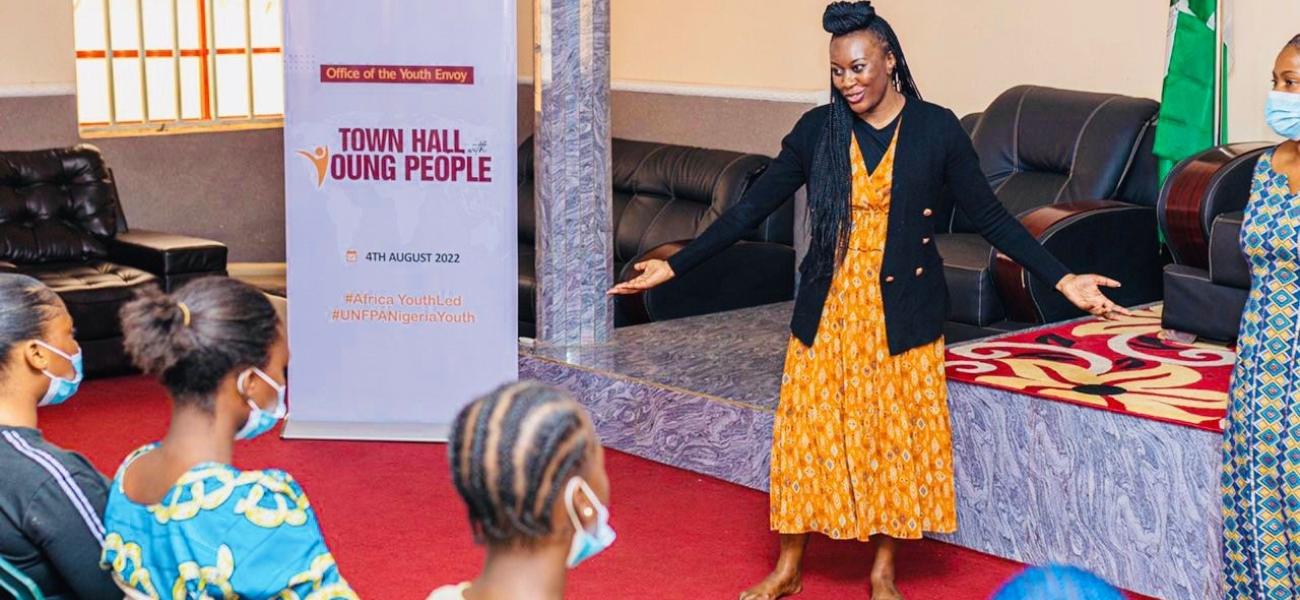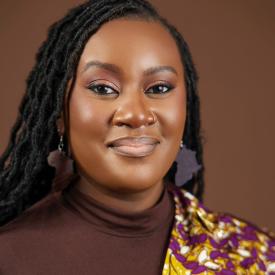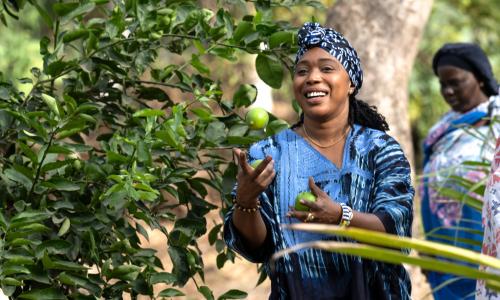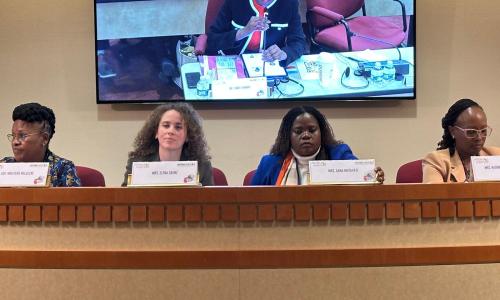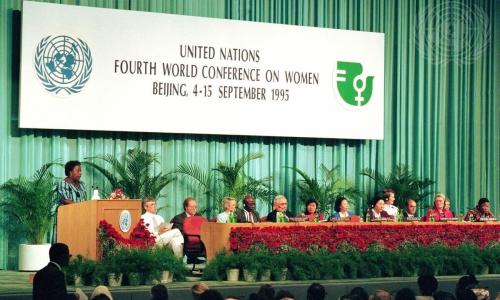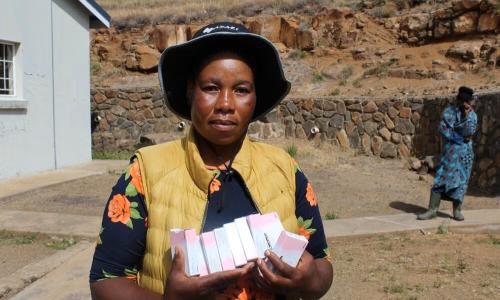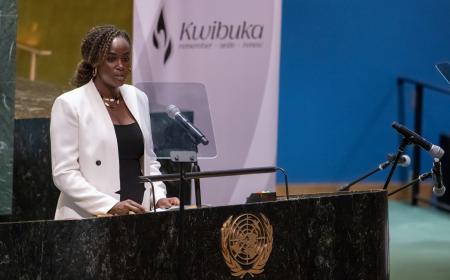History rarely remembers those who waited quietly.
In Africa, it is those who dare to act, to resist, to lead, and to dream aloud who have shaped the continent’s most defining moments.
As we mark Africa Day 2025, under the African Union’s theme “Justice for Africans and People of African Descent Through Reparations”, we are reminded that justice is not a destination; it is a continuous demand for truth, for dignity, and for leadership that reflects the realities of our people.
Now more than ever, that demand must be inclusive.
The Africa We Want, as envisioned in Africa’s Agenda 2063, cannot be built without the full power of its majority: its women and youth. Yet these very groups, the bearers of innovation and agents of transformation, remain disproportionately underrepresented, underfunded, and undervalued.
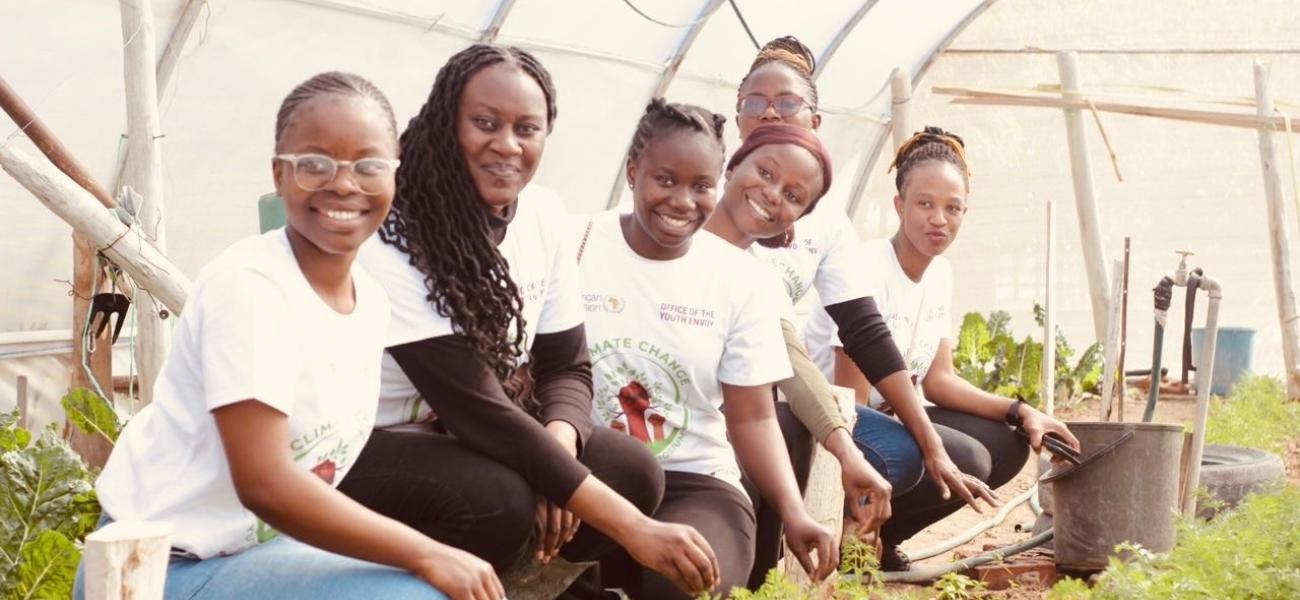
Statistically, Africa is young and female. Over 60% of the population is under 25, and women make up more than half of the continent [according to UNFPA’s ‘World Population’ report]. Yet, in 2024, only 7 African countries had parliaments with more than 35% of female representation. Youth-led initiatives receive less than 1% of global development financing.
Across many member states, youth continue to be excluded from policy co-creation. This is not by accident. It is the residue of a history that placed power in the hands of a few and promised progress sometime in the distant future.
But even history has its rebels.
African women like Funmilayo Ransome-Kuti, Albertina Sisulu, Miriam Makeba, and Wangari Maathai redefined protest, politics, and the planet. These were not just cultural icons; they were architects of resistance.
In post-independence Africa, women did not wait for seats at the table—they built their own. They organised, campaigned, and led, long before policy frameworks began to mention “gender parity.”
At the multilateral level, African women have broken barriers too. Ms. Amina J. Mohammed, the second African woman to serve as UN Deputy Secretary-General after Ms. Asha-Rose Migiro of Tanzania reshaped the narrative. At the African Union, Ms. Nkosazana Dlamini-Zuma became the first female Chairperson of the AU Commission, setting institutional standards for gender parity that continue to influence today’s leadership structures.
In politics, the story is equally powerful.
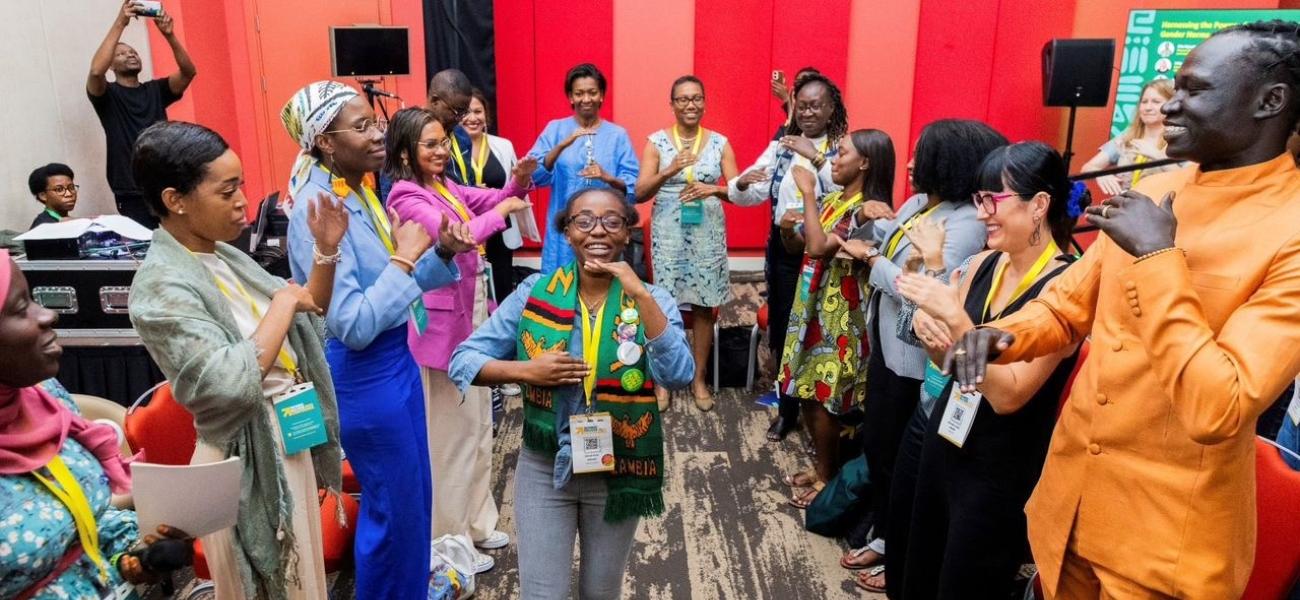
Ms. Ellen Johnson Sirleaf, the first elected female President in Africa led Liberia and ignited a movement. Through the African Women Leaders Network (AWLN), she continues to ensure that leadership is no longer viewed as exceptional for women, but essential. A ripple effect followed. Since then, women have led as president in countries like Ethiopia, Tanzania, Central African Republic, Mauritius and Namibia. Slowly, a new normal is taking shape—one that includes us.
However, leadership is not only about occupying these positions. It is about shifting paradigms.
Ms. Bineta Diop, the former AU’s Special Envoy on Women, Peace and Security, exemplifies this shift. Her work in championing the Convention on Ending Violence Against Women and Girls in Africa, which was a landmark policy recently adopted by Member States, centres on women’s safety as a continental priority. It is also a powerful act of justice and repair, because no reparation is complete without safety, freedom, and dignity for women.
This vision is now being reinforced at the highest level of the AU. The newly elected Chairperson of the AU Commission, Mr. Mahmoud Youssouf, brings not only political experience, but a deeply personal understanding of gender equity. A father of six daughters, he has spoken openly about the importance of championing the rights and leadership of young women and girls across the continent. His vision, rooted in fairness, generational inclusion, and institutional reform, signals a new era of AU leadership that reflects the aspirations of everyday Africans.
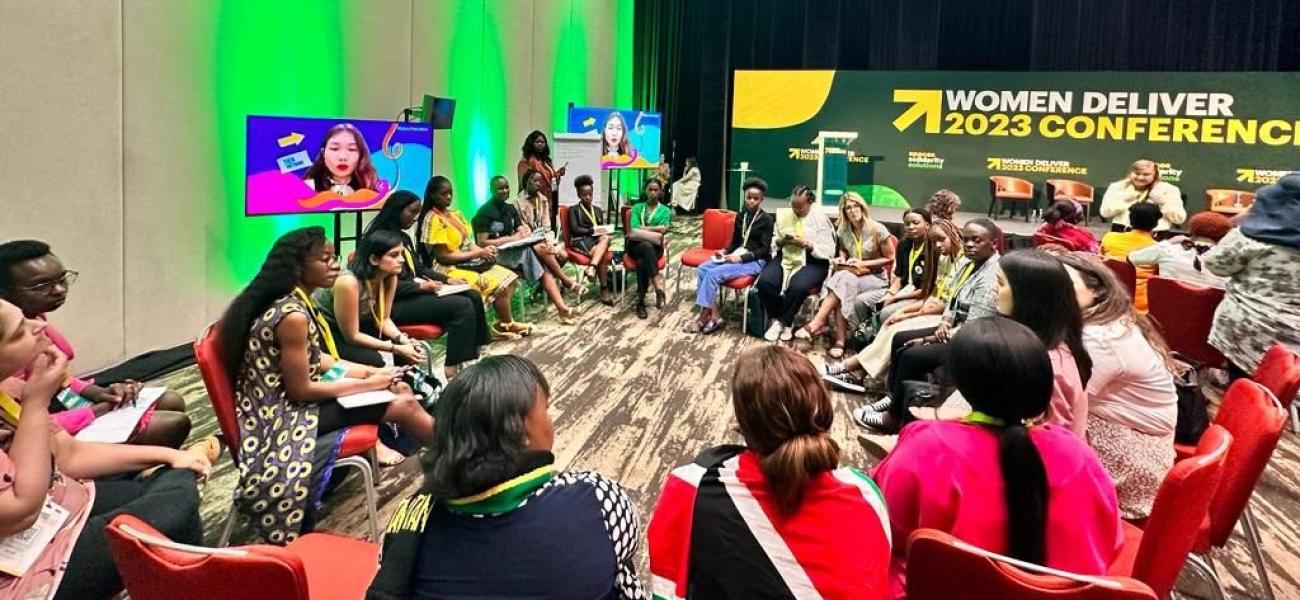
At the same time, Africa’s youth are also rising, and doing so boldly and loudly. From climate action movements in the Sahel to tech innovation hubs in Kigali and Nairobi, young Africans are leading the way and not just waiting for invitations. They are digitally savvy, socially conscious, and politically engaged. They are demanding more than just words. They are tired of rhetoric. They want access. They want capital. They want power.
We must respond not with more panels and promises, but with structural change. That means enshrining youth quotas in public office. It means directly funding grassroots, youth and women-led organisations. It means rethinking leadership, not as something one can only get after age 40, but as something one grows into through mentorship, access, and vision.
It also means acknowledging that reparations are about the past and restoring the future, the future stolen through systemic exclusion. This includes the exclusion of women and youth from economic, political, and social space. If we are serious about justice for Africans and people of African descent, we must be committed to redistributing opportunity and power.
This Africa Day let us move beyond celebration. Let us commit to reclamation of history, of voice, and of leadership. Let us tell the stories of what we have survived and what we are building, which is a continent where girls can lead revolutions, where youth can set national agendas, and where justice is actionable.
We are not waiting to be included. We are here to transform!
Ms. Mpemba, until recently the AU Special Envoy on Youth, is now the Special Advisor on Youth and Women to African Union Chairperson.
